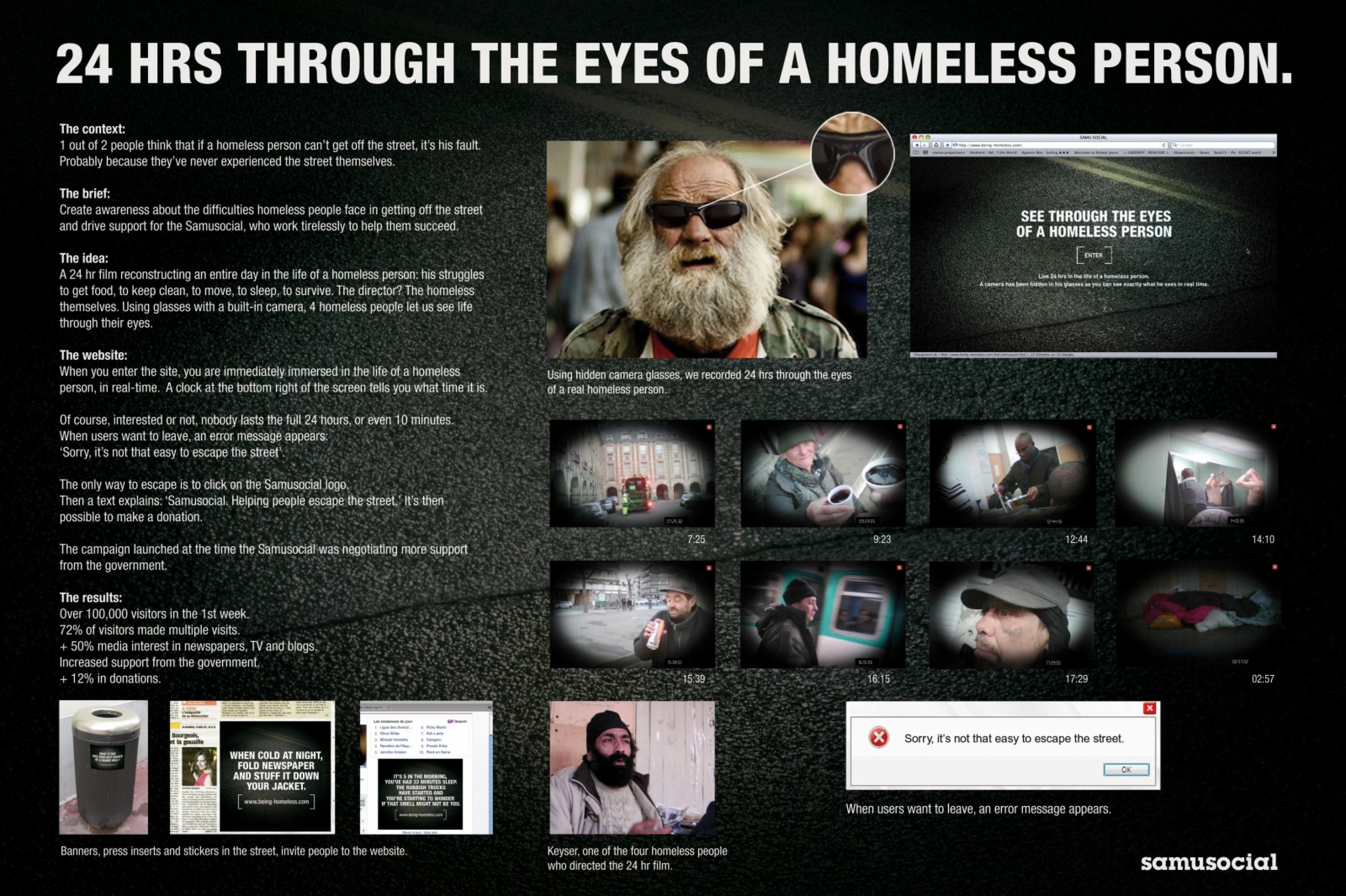Mobile > Technology
RENAULT - PLUG-INN
PUBLICIS CONSEIL, Paris / RENAULT / 2023
Awards:


Overview
Credits
Overview
Background
By 2022, there were 1 million electric cars in France, but the infrastructure couldn’t keep up and there were only 80.000 charging stations available. That meant that driving long distances was still a problem for electric car owners, especially when driving through remote places where there were zero charging stations. This generated range anxiety and made the switch from thermic to electric more difficult. The challenge for Renault was to find a solution that would make the charging network grow fast, without having to deal with the constraints and bureaucracy of building public charging stations, while still making it available to everyone.
Describe the creative idea
Renault Plug Inn is a peer-to-peer app that connects electric car drivers to home charger owners. Drivers can find and book the home chargers available wherever and whenever they need it, and charger owners can make money by renting them out. It’s like an Airbnb for charging spots that solves the problem of driving long distances through remote places where there used to be zero charging stations for electric cars while creating a new business model.
Describe the strategy
It’s a fact that there were not enough charging stations for electric cars, but it was also a fact that because of this, many people have their own charger at home, especially in remote locations where there are no public charging stations. If we could find a way to connect electric drivers to charger owners, like Airbnb does for travelers and homeowners, we would change the way people think of electric driving forever. Creating an app was a way to use technology to solve a problem in record time, that otherwise would have taken years.
Describe the execution
The Plug Inn app launch is ongoing and following 4 main steps. First step started took place for 3 days (21-23 of February) with a beta pre-opening only for selected pre-registered users & Renault/Agency employees, to test the app. Then, an initial soft launch began the 9th of march for all pre-registered users & Renault/Agency employees to gradually scale the app and test usages. Eventually, the public launch occurred the 13th of march with opening of the app to all users in Apple and Android stores. This launch was supported by a media cover (press release, organic posts, displays in Renault dealership). The final stage of the launch, at the beginning of April, is an advertising campaign on TV, press and radio, enhanced by an influence marketing campaign. Social media are also being used as a recruitment tool, supplemented by emailing and a partnership with Waze.
List the results
In only 2 weeks after it was launched, the application had 16.000 users, and had reached 107 million impressions and over 500.000€ in earned media.
Is there any cultural context that would help the jury understand how this work was perceived by people in the country where it ran?
With the price of fuel spiking, France has been facilitating the switch to electric cars by giving people from financial help and tax cuts to ICE car trade-ins. But the charging network couldn’t keep up, and by 2022 there were only 80.000 charging spots available for 1 million electric cars. Away from the big cities, that number went way down, and in remote places there were zero charging spots available. While waiting for a solution that would take years started raising concerns about the constraints of switching to electric in a place where there’s not enough infrastructure to support it.
More Entries from Mobile-led Commerce in Mobile
24 items
More Entries from PUBLICIS CONSEIL
24 items






